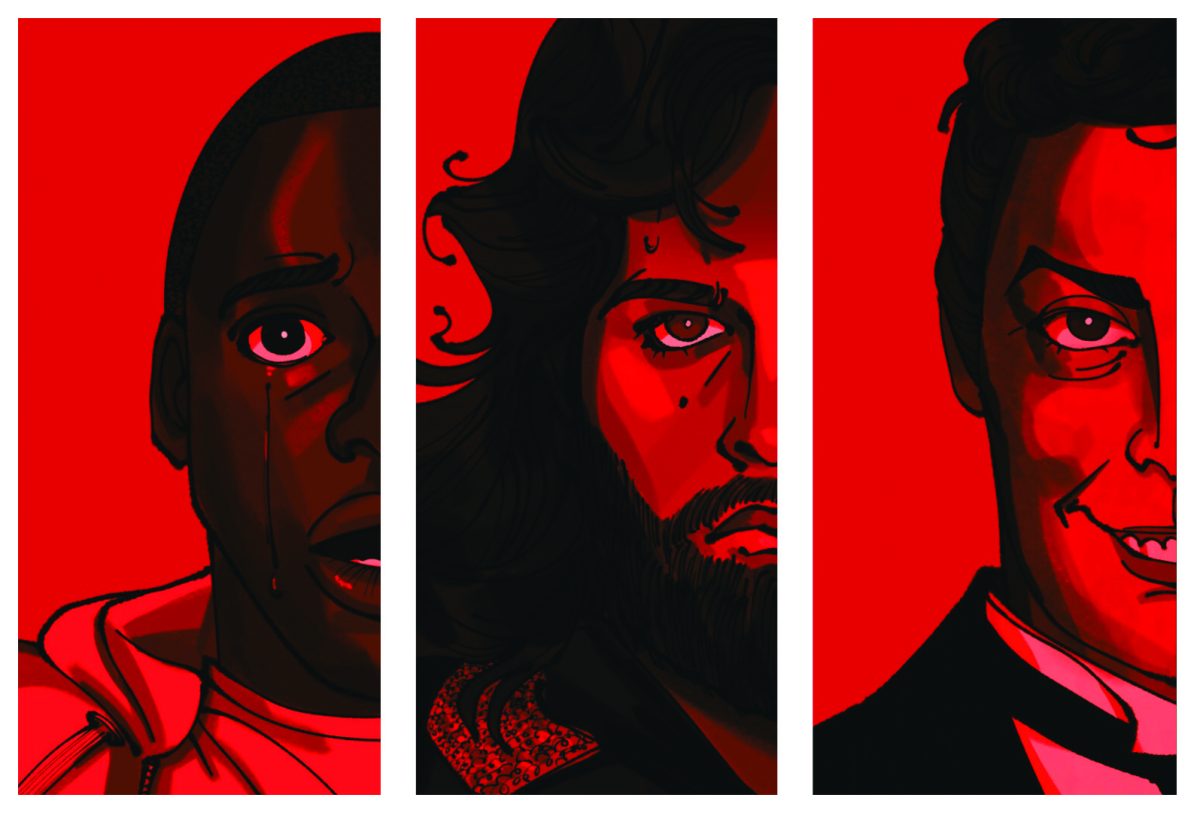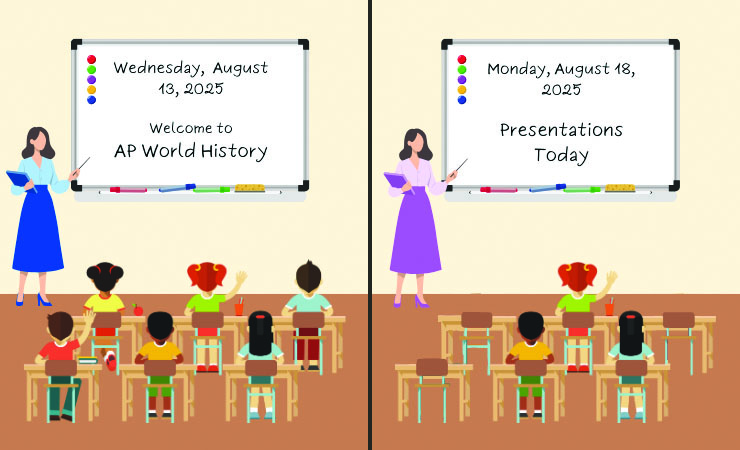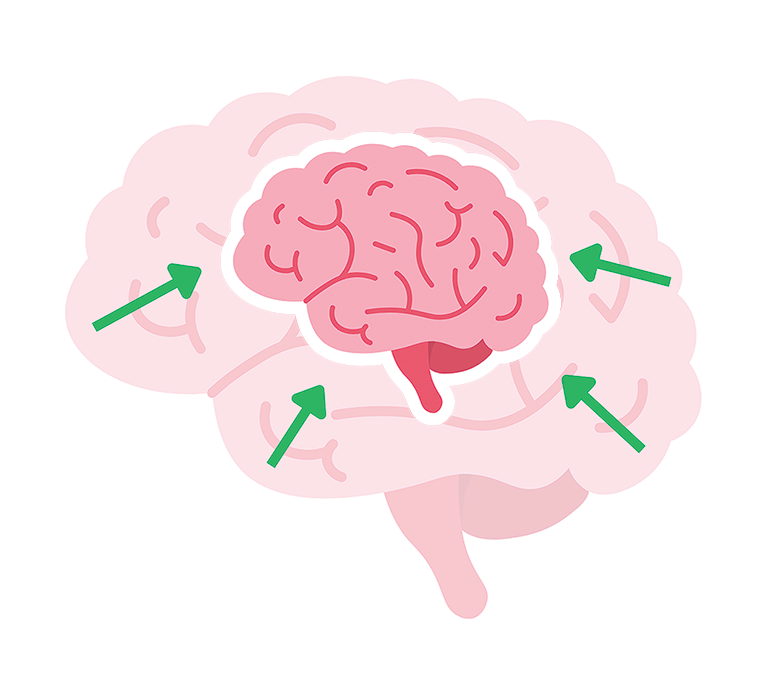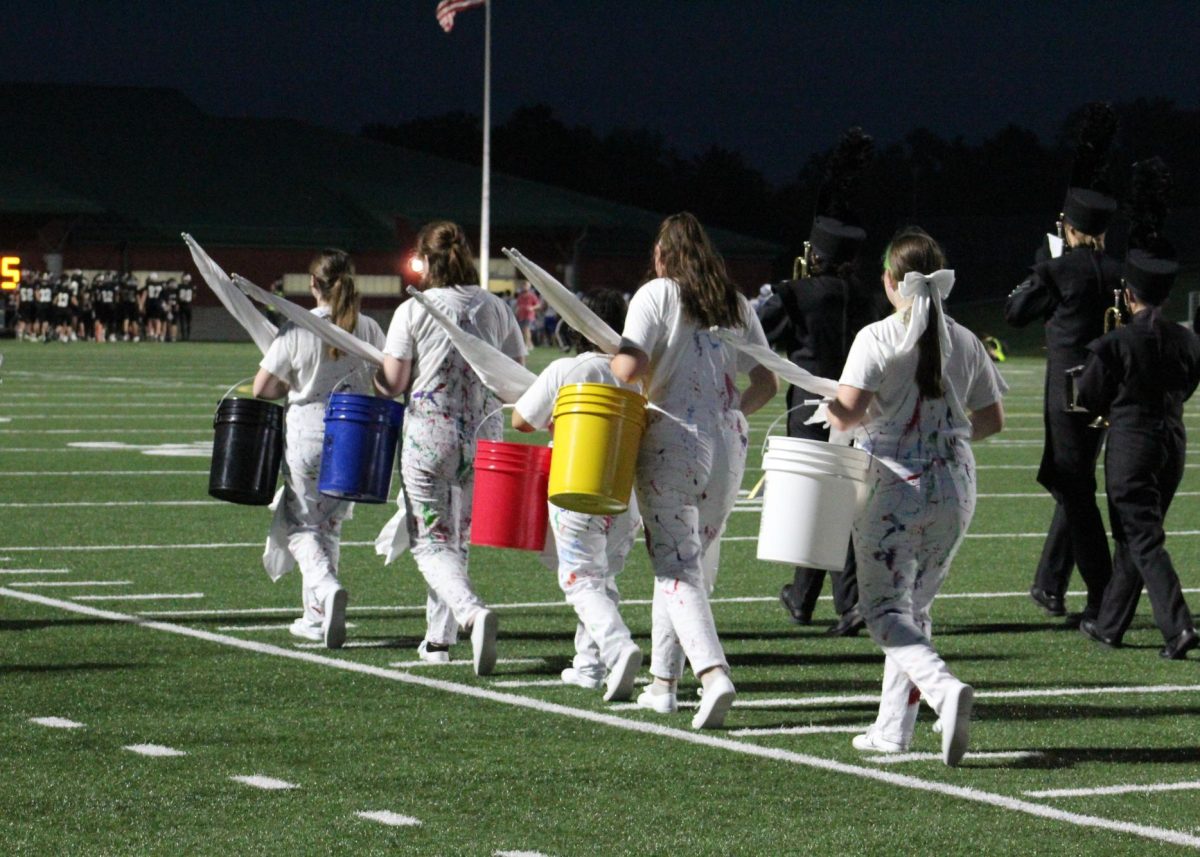Dungeons and Dragons: LSE students bring stories to life through D&D club
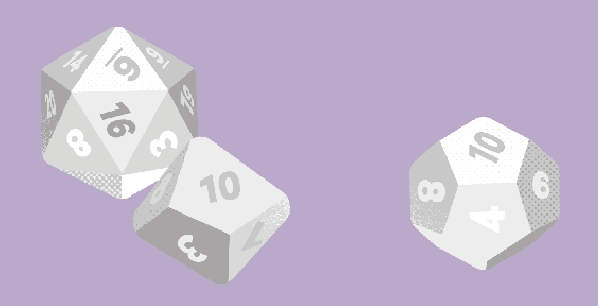
Graphic courtesy of Canva.com
May 18, 2021
Imagine being able to create your own world, full of people, quests, and epic items, all from your brain. Now imagine other people exploring your world while you guide them through it, with you controlling everything that they go up against. They could be astronauts, and you, their mission control, making sure they get through their journey safely; or you could create a torturous dungeon for your players to try and break free from, while you send traps and puzzles and monstrous enemies to stop them. This is the role-playing game Dungeons and Dragons.
Dungeons and Dragons was created in 1974, by Gary Gygax and Dave Arneson, and is still played around the world to this day. The game is even played at Lincoln Southeast (LSE) High School. The Dungeons and Dragons Club was started in 2020 by Seth Walker, a Special Education teacher at LSE.
“I have been playing D&D for about three years,” said Walker. “For me, Dungeons and Dragons is a way for me to express my creativity. It allows me to get away from the real world for a couple hours.”
Another staff member in D&D Club is Jesse Reynolds, a Social Studies teacher at LSE. “I first played D&D when my children started playing a few years ago and asked me to participate,” said Reynolds. “I quickly connected to the role-playing aspect of the game and thought that it could be beneficial for practicing empathy and understanding.”
Dungeons and Dragons is different from other games in that it is a tabletop, pen and paper game, where you control your character, while the dungeon master controls the rest of the game, and all of the other characters not controlled by a player.
Something that makes D&D special is that you control all aspects of your character, not just combat or conversation, but also what food you order in a restaurant, what color socks you wear, and what languages you speak.
“In essence, you have to completely enter the mindset of your character and make all of the decisions for them,” said Reynolds.
Another important aspect of D&D is its use of dice. When you make a decision, you need to roll a specific die that decides how well you did on that action, and the higher you roll, the better you do. For example, if you were to throw something at a target, you would need to roll a die. If you got a 10 or lower you would miss, but higher than 10 you would hit.
“Much of the game and your success within it relies on chance in the form of rolling dice,” said Reynolds. “Even the best envisioned plan can go wrong or the dumbest idea might work out perfectly in your favor, depending on the outcome of your roll. That adds another level to the game where you just never know how things will work out and it keeps things exciting.”
Dungeons and Dragons isn’t only a fun game to play with friends, it’s also a good way to practice your social skills and decision making.
“Without question I fully believe that everyone can benefit from playing D&D,” said Reynolds. “The roleplaying aspect of the game forces players to see the whole world through a different set of eyes than their own. You have to think how your character would respond to things, not just how you would respond to them. That is practicing empathy. Practicing empathy through role-playing is an exercise in understanding people who are different from us and there is nothing more important in the world than that.”



